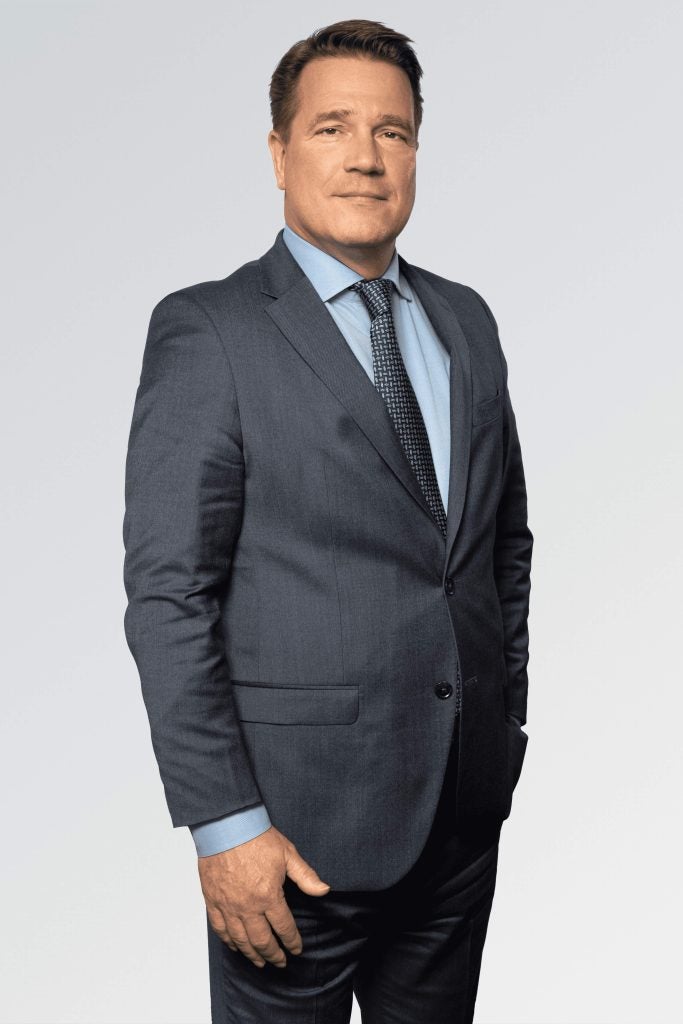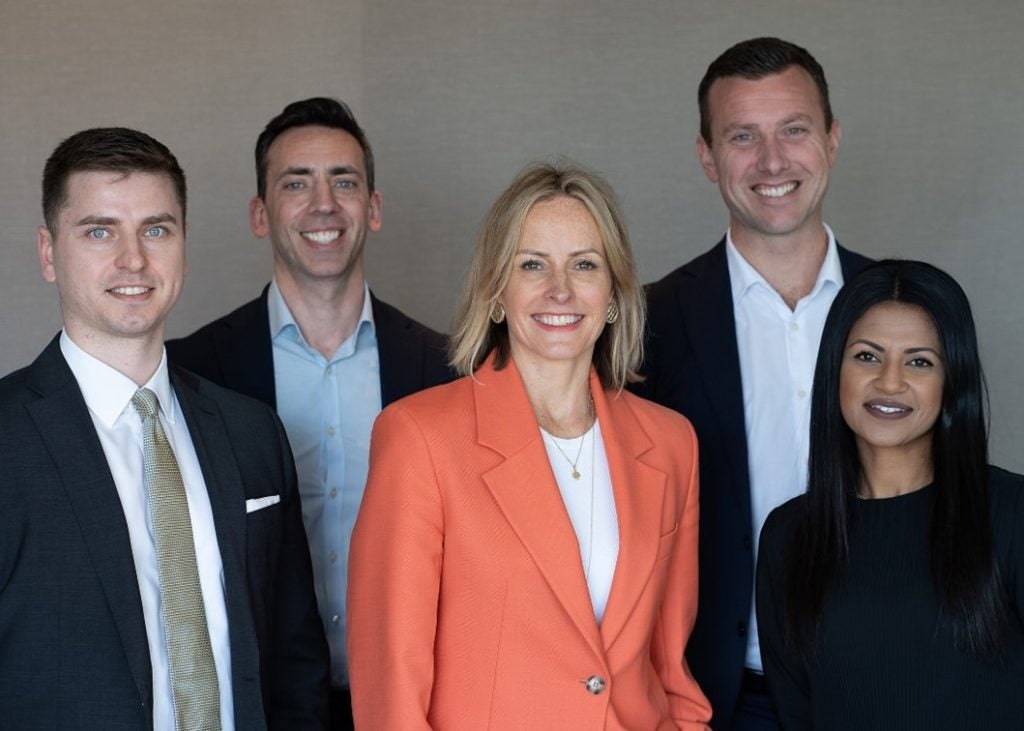Choate Investment Advisors, a US family office business,
is looking to extend its services far below the usual $100 million
client asset threshold implemented at many organizations of its
kind. The key, according to the business’ founder, is
multigenerational wealth. Charles Davis reports.
Todd Millay, managing director of Choate Investment Advisors in
Boston, oversees over $2 billion in assets for high net worth
individuals and families. Previously, he spent a lot of time “on
the inside” working with private banks – and what he saw, more
often than not, was what he called “a pervasive sales
mentality.”
“I saw a fundamental distinction between providing advice and
selling investment products. Having the two together creates an
inevitable conflict of interest,” Millay told PBI. “I sensed that
the whole operation was about selling these exotic investments to
incredibly wealthy people, and doing so in as much volume as
possible, so people with substantial wealth were falling through
the cracks.”
A Rhodes Scholar in the field of economics with a Yale Law degree,
in 1998 Millay joined McKinsey & Company, where he worked with
leading asset management and investment firms in the US and Europe
on a variety of strategic initiatives.
Best practices
In 2003, Millay left McKinsey to become a partner at Boston-based
CCC Alliance, then a small group of successful, high-net-worth
families and individuals that came together to collaborate
regularly on wealth management and family office issues. Millay
helped grow CCC Alliance from its initial purpose as a private
forum for families to share best practices and combine buying power
to a consortium of more than 90 family offices from around the
world, each with over $100 million in assets.
How well do you really know your competitors?
Access the most comprehensive Company Profiles on the market, powered by GlobalData. Save hours of research. Gain competitive edge.

Thank you!
Your download email will arrive shortly
Not ready to buy yet? Download a free sample
We are confident about the unique quality of our Company Profiles. However, we want you to make the most beneficial decision for your business, so we offer a free sample that you can download by submitting the below form
By GlobalDataAs a partner at CCC Alliance and as founding executive director of
the Global Family Alliance at the University of Pennsylvania’s
Wharton School, Millay saw family office strategy up close, and
what he learned convinced him that there was a virtually untapped
market just below the über-wealthy.
“Working with high-net-worth families above the $100 million mark
taught me that many of these things could be applied to the wealthy
in the space between $100 million to $5 million or so,” Millay
said. “Multigenerational wealth is the key, because we are trying
to provide a true family office experience for people with less
than that $100 million market. So long as they have
multigenerational wealth, then the client has many of the same
needs and expectations as any private banking customer would bring
to the table.”
Millay said that through its parent company, law firm Choate Hall
& Stewart, the advisory firm has access to a range of attorneys
and accountants to pair with its advisers. A trust administrator
co-ordinates operations for each client, allowing the firm to
approximate the service level of a multinational private bank
without all the sales pressure.
“We knew we couldn’t service this market by being high-volume
sellers of the exotic kinds of products the traditional wealth
management firms want to sell the wealthy, and we didn’t want to
be,” he said. “The hedge funds, the private equity, that isn’t
going to be enough volume to justify the time and expense on this
end of the market, but we saw a real opportunity for independent
advice coupled with all of the other services traditionally offered
to high-net-worth clients.”
Just like the big firms, Choate clients can contact an attorney to
discuss estate planning, an investment adviser for asset allocation
questions, or an accountant to review the tax implications of a
particular strategy. It’s all about levelling the playing field,
Millay said.
“The very wealthy have the resources to develop their own family
office structures to manage their money in an unbiased way, unlike
most wealthy investors who get their financial advice and buy their
financial products from financial services firms that make the most
money by selling their own products,” he said. “That’s kind of like
going to a used-car dealer and asking him to research which car is
best for your family.”
Since Choate has an independent, open architecture investment model
and does not sell any proprietary products or charge hidden fees,
Millay and his team can create sophisticated portfolios for clients
that utilise the best managers and products available without any
conflict of interest.
“So we just turned the market around, and said we’ll look at the $5
million to $100-million market, and offer a very sophisticated
asset allocation model, because the risk allocation is the driver,”
he said. “And estate and tax comes along as a piece, not
standalone, and there has to be accountability throughout the
process. When you get hit by the bus, you don’t want your spouse to
have to wade through all of this.”
Economic calamities
Millay said that the economic calamities of the past year have
brought home a few valuable lessons.
“Liquidity was significantly undervalued, and transparency is
incredibly valuable,” he said. “That primary decision about risk,
that’s the big choice, and it really drives our investment
philosophy.”
Millay said that Choate’s clients are quite sophisticated and can
accept a level of risk and complexity that less wealthy investors
can not, especially when their time horizon is multi-generational.
Investing is a process most people do backwards, he said, so Choate
begins with determining risk tolerance long-term, growing more
tactical in the short-term, with the tactical positions built
around the context of the long-term strategy. It’s a rigorous
process, one combining heavy quantitative analysis but also
constant human judgment, he said.
“The clients who come to us come to us because we’re not a big
firm, but we’re big enough that one personality isn’t driving the
whole show, and so if that person’s gone, the whole thing is gone,”
he said. “So Choate comes down to: objective advice, integrated
perspective, and trust. We’re housed in a 100-year-old law firm,
and our reputation is for stability.”
For Millay, Choate’s family office approach to wealth management –
combining top notch, independent, institutional-quality investment
management services that are fully integrated with tax, estate
planning, and other needs – is one way to “level the playing field”
in the wealth management arena.
“I do feel like this is the model, that this is the future of
wealth management, and not just for the very rich,” he said.







